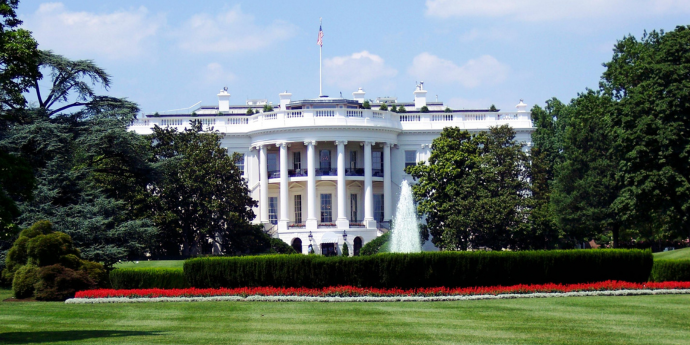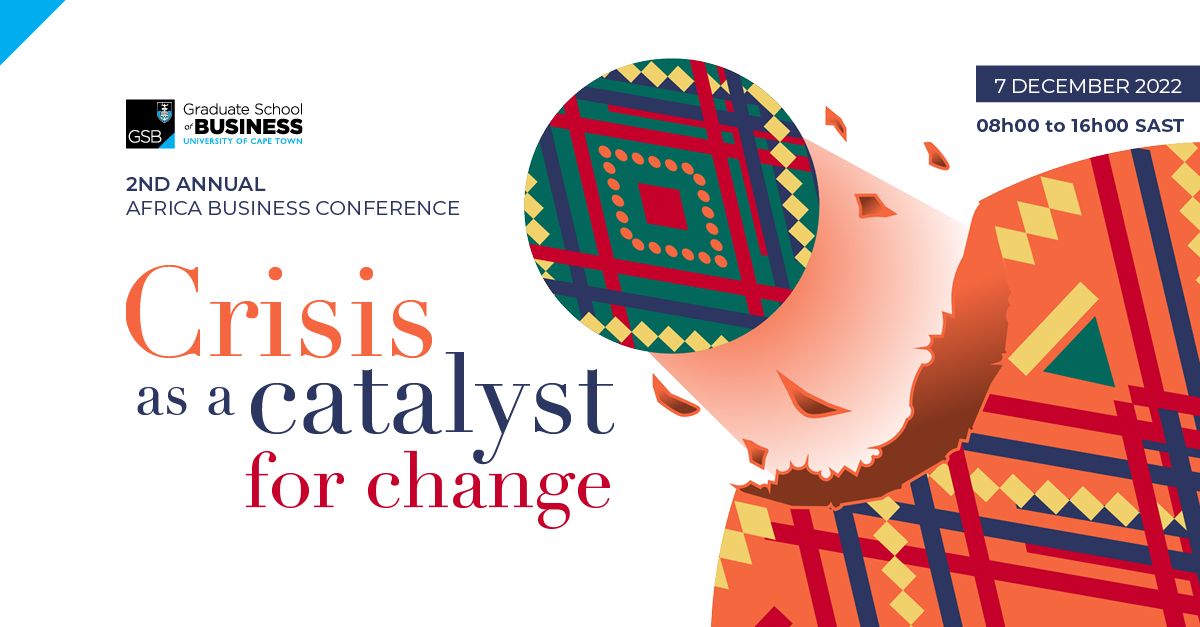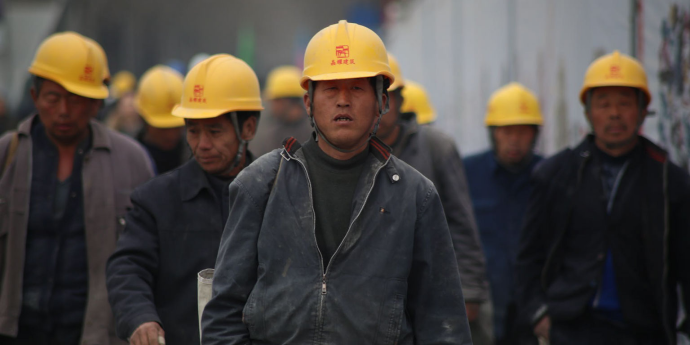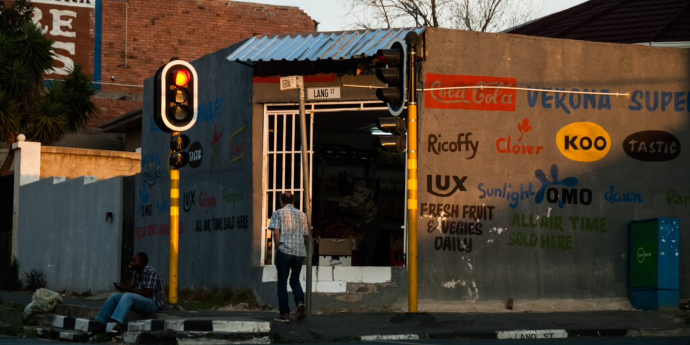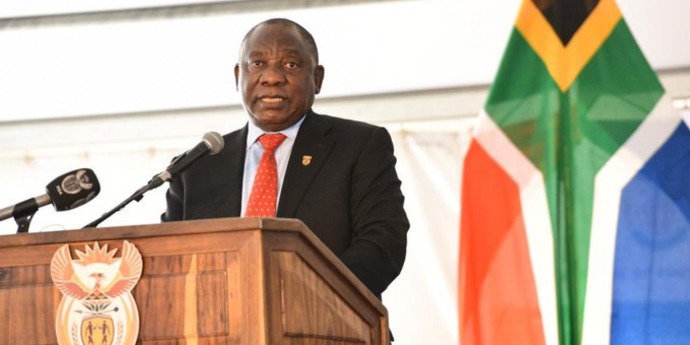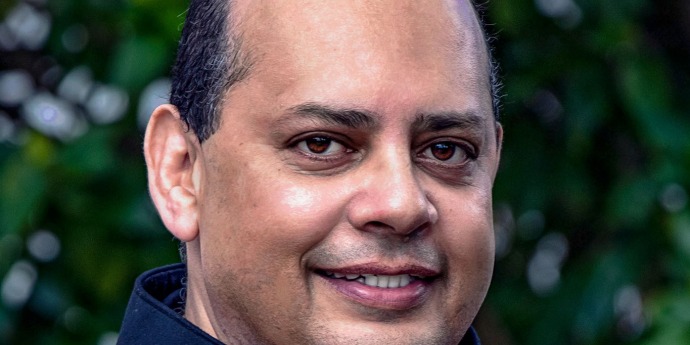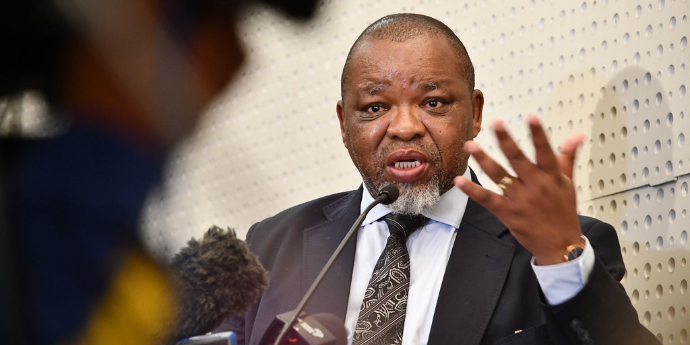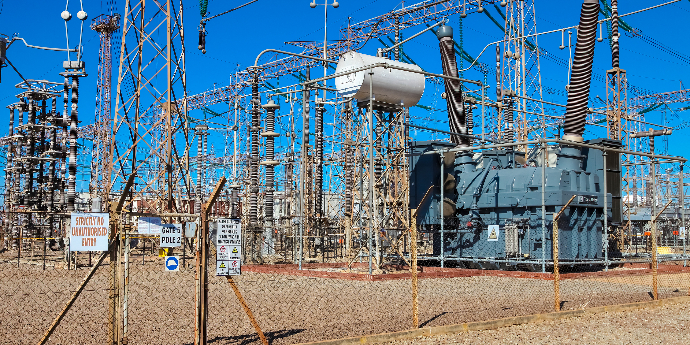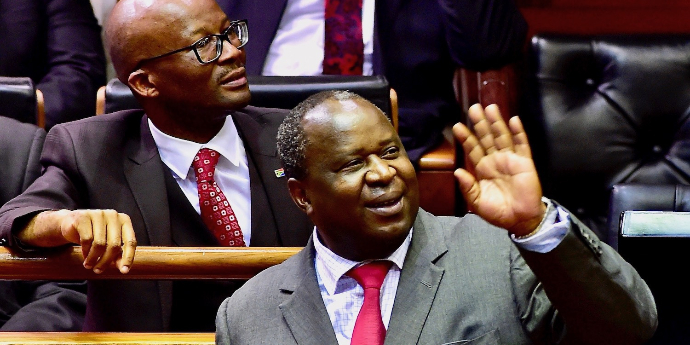The launch brought together renowned institutions working in both the energy and climate change sectors with the aim to offer knowledge and capacity building initiatives, as well as applied research and space for policy dialogue, for governments, regulators, utilities, and other stakeholders to better regulate the African energy sector in support of the continent’s socio-economic development and environmental sustainability.
“The Graduate School of Business at the University of Cape Town is pleased to be associated with this initiative to establish an African School of Regulation in partnership with several other institutions on the continent. This will be an opportunity to build on our existing training courses on power sector reform and regulation, through widening the range and reach of activities in support of the energy transition, and the provision of sustainable, reliable and affordable energy services” noted UCT Professor, Anton Eberhard.
The Power Futures Lab has been running annual courses since 2001 on power sector reform and regulation in Africa, with each course typically attracting around 70 - 130 participants (regulators, policymakers, utilities, end-users, development finance institutions, private sector) from more than 20 African countries. Local faculty and practitioners are supported by leading international faculty.
“The launch of the African School of Regulation is a testament to our collective efforts to support Africa’s drive to achieving SDG7 with particular emphasis on universal access to modern energy services for all,” said Kandeh Yumkella, founder and CEO of TENN. “However, the massive investments required will only be possible when the right regulatory and policy frameworks are in place. TENN is proud to be one of the collaborating institutions to create the ASR,” he further underscored.
At its core, the ASR aims to be the preeminent pan-African centre of excellence on energy regulation and in providing capacity building on best international regulatory practices. Its establishment is inspired by the EUI’s Florence School of Regulation (FSR) mission.
“The FSR is keen to share its knowledge and expertise in the creation of the ASR as a specialised school on energy regulation and providing logistical and coordination support during the creation and start-up phase,” said Professor Ignacio Pérez-Arriaga, who represents the FSR in the ASR Partnership.
Recognized for its diverse experience and success in providing training in energy regulation with a focus on the European Union but also around the world for almost two decades, the FSR has recently made a special effort to provide the right training and support to meet Africa’s reality and needs in the areas of energy and climate change.
The establishment of the African School of Regulation will be executed in two phases. Led by the Florence School of Regulation and in coordination with six (6) partner institutions, phase one will see the development of training programs, the implementation of specific activities in research and policy dialogue. During this first phase, the partners will decide on identifying an African hosting institution(s) and will establish modalities for the future governance of the ASR, including the program of activities and a viable financing plan for a period of 5 years.
Specifically, the Power Futures Lab’s contribution to the ASR will include 3 short Executive Education courses currently offered:
1. Managing power sector reform and regulation in Africa.
The course gives managers and leaders working in this critical sector the ability to contribute to the reform of the power sector and deliver sustainable, affordable services to everyone – while still accelerating economic growth. The course is focused on Africa's needs and exposes participants to international best practice in managing new power markets and the regulatory environment. This specialised short course explores new research on the energy transition, utility of the future, offers a thorough grounding in the fundamentals and practice of economic regulation and seeks new models to manage power systems effectively. https://www.gsb.uct.ac.za/power-reform-regulation
2. Finance, contracts and risk mitigation for private power investment in Africa.
Finance, Contracts and Risk Mitigation for Private Power Investment in Africa is a specialized short course at the UCT GSB teaching the theory and practice of power project financing. This course is aimed at building capacity in the key areas of project finance, associated contracts such as Power Purchase Agreements (PPAs), and risk mitigation measures - including credit enhancement, security measures, and political insurance – mainly for the public sector officials. The specialised course aims to plug this skills gap and unlock growth and investment in the sector. https://www.gsb.uct.ac.za/power-financing
3. Financial modelling for utility tariff setting (new).
Financial modelling for tariff setting is a core skillset for professionals working in the continent’s power sector regulatory, municipal and utility space. The course gives managers, senior professionals and advisors in utilities, regulatory authorities and government policymakers the skills needed to set tariffs in a regulated context. The course provides an advanced understanding of the building blocks of a tariff-setting financial model. It teaches delegates to build a financial model – including all constituent parts such as regulatory asset base, the weighted average cost of capital, and energy and input costs – that can run sensitivity analyses and provide various tariff paths. https://www.gsb.uct.ac.za/financial-modelling
A virtual Knowledge Hub (hosted by PAUWES) has also been launched to compliment the new initiative’s ongoing efforts. It will also provide an inventory of all relevant and ongoing capacity-building activities, energy regulation institutions in Africa, and a repository of openly accessible learning materials are made available to participants.
Phase two will see the transfer of the management and operations of the ASR to the identified institution(s) under new governance. This means, ASR will formally be headquartered at the hosting institution(s) in Africa.
Institutions that have endorsed the ASR’s mission include – the Africa EU Energy Partnership (AEEP), the Africa Europe Foundation, the World Bank’s Energy Sector Management Assistance Programs (ESMAP), Friends of Europe, Sustainable Energy for ALL and the UN Economic Commission for Africa (UNECA). They will offer support in the start-up, and consolidation of the ASR according to raising needs.
Vera Songwe, the United Nations Under-Secretary-General and the Executive Secretary of UNECA (Africa’s leading institution focused on generating knowledge and applying policy research in support of accelerated economic diversification and structural transformation) commented when informed about the launching of the ASR initiative: “During this Decade of Action for the SDGs, African countries have to dramatically step-up investments in clean energy for access and climate action, requiring about US$ 60 billion or more per year. With the increasing fiscal impacts of the COVID-19, pandemic innovative solutions, such as our SDG7 Initiative and the Liquidity and Sustainability Facility (LSF), are needed to support countries to leverage investments from the private sector. This requires urgency to fix regulatory barriers to ensure market openness, attractiveness, and readiness for private-sector finance. The African School of Regulation is therefore a timely and very welcome initiative to support Africa with the needed capacity for this, and the ECA is proud to be a part of it.”




